Political instability worsens consumer sentiment and spending
입력 2024.12.24 (23:55)
읽어주기 기능은 크롬기반의
브라우저에서만 사용하실 수 있습니다.
[Anchor]
The confusing domestic political situation has significantly worsened consumer sentiment at the end of the year.
This is the most serious level since the COVID-19 pandemic, and the bigger problem is that there are no signs of recovery.
Reporter Hwang Kyung-joo reports.
[Report]
The bustling underground shopping center in Gangnam, Seoul.
Sales are happening everywhere, but wallets are not easily opening.
[Hwang Geum-sook/Goyang City, Gyeonggi Province: "When I go shopping, I eat lunch at home first. If I want to eat out, I need at least 10,000 won. With 10,000 won, I can prepare side dishes for my family."]
The consumer sentiment index released by the Bank of Korea this month is 88.4, which has dropped more than 12 points from the previous month.
This is the largest decline since March 2020 during the COVID-19 pandemic.
The figure itself is the lowest in 2 years and 1 month.
The Bank of Korea explains that the sudden freezing of sentiment is largely due to domestic political instability.
[Lee Jong-ryeol/Vice Governor of the Bank of Korea: "Recently, growing political uncertainty has indeed dampened economic sentiment and raised concerns about financial institutions' loss absorption capacity and liquidity."]
The bigger problem is that there are few factors that could improve consumer sentiment.
In particular, the exchange rate, which shows no signs of falling from the mid-1,400 won range, raises the prices of imported goods and can further increase the burden of consumption by stimulating overall prices.
[Seo Ji-yong/Professor of Business Administration at Sangmyung University: "(Due to the high exchange rate) the pressure on the consumer price index is increasing. At the beginning of the year, people tend to consume durable goods, but when consumer prices rise, they tend to avoid large purchases, leading to a significant deterioration in private consumption."]
With fewer buyers, sellers are also finding it increasingly difficult to hold on.
With low income and credit, the delinquency rate of self-employed individuals who have taken out multiple loans is 11.5% as of the third quarter, marking the highest level in 11 years.
This is KBS News, Hwang Kyung-joo.
The confusing domestic political situation has significantly worsened consumer sentiment at the end of the year.
This is the most serious level since the COVID-19 pandemic, and the bigger problem is that there are no signs of recovery.
Reporter Hwang Kyung-joo reports.
[Report]
The bustling underground shopping center in Gangnam, Seoul.
Sales are happening everywhere, but wallets are not easily opening.
[Hwang Geum-sook/Goyang City, Gyeonggi Province: "When I go shopping, I eat lunch at home first. If I want to eat out, I need at least 10,000 won. With 10,000 won, I can prepare side dishes for my family."]
The consumer sentiment index released by the Bank of Korea this month is 88.4, which has dropped more than 12 points from the previous month.
This is the largest decline since March 2020 during the COVID-19 pandemic.
The figure itself is the lowest in 2 years and 1 month.
The Bank of Korea explains that the sudden freezing of sentiment is largely due to domestic political instability.
[Lee Jong-ryeol/Vice Governor of the Bank of Korea: "Recently, growing political uncertainty has indeed dampened economic sentiment and raised concerns about financial institutions' loss absorption capacity and liquidity."]
The bigger problem is that there are few factors that could improve consumer sentiment.
In particular, the exchange rate, which shows no signs of falling from the mid-1,400 won range, raises the prices of imported goods and can further increase the burden of consumption by stimulating overall prices.
[Seo Ji-yong/Professor of Business Administration at Sangmyung University: "(Due to the high exchange rate) the pressure on the consumer price index is increasing. At the beginning of the year, people tend to consume durable goods, but when consumer prices rise, they tend to avoid large purchases, leading to a significant deterioration in private consumption."]
With fewer buyers, sellers are also finding it increasingly difficult to hold on.
With low income and credit, the delinquency rate of self-employed individuals who have taken out multiple loans is 11.5% as of the third quarter, marking the highest level in 11 years.
This is KBS News, Hwang Kyung-joo.
■ 제보하기
▷ 카카오톡 : 'KBS제보' 검색, 채널 추가
▷ 전화 : 02-781-1234, 4444
▷ 이메일 : kbs1234@kbs.co.kr
▷ 유튜브, 네이버, 카카오에서도 KBS뉴스를 구독해주세요!
- Political instability worsens consumer sentiment and spending
-
- 입력 2024-12-24 23:55:22
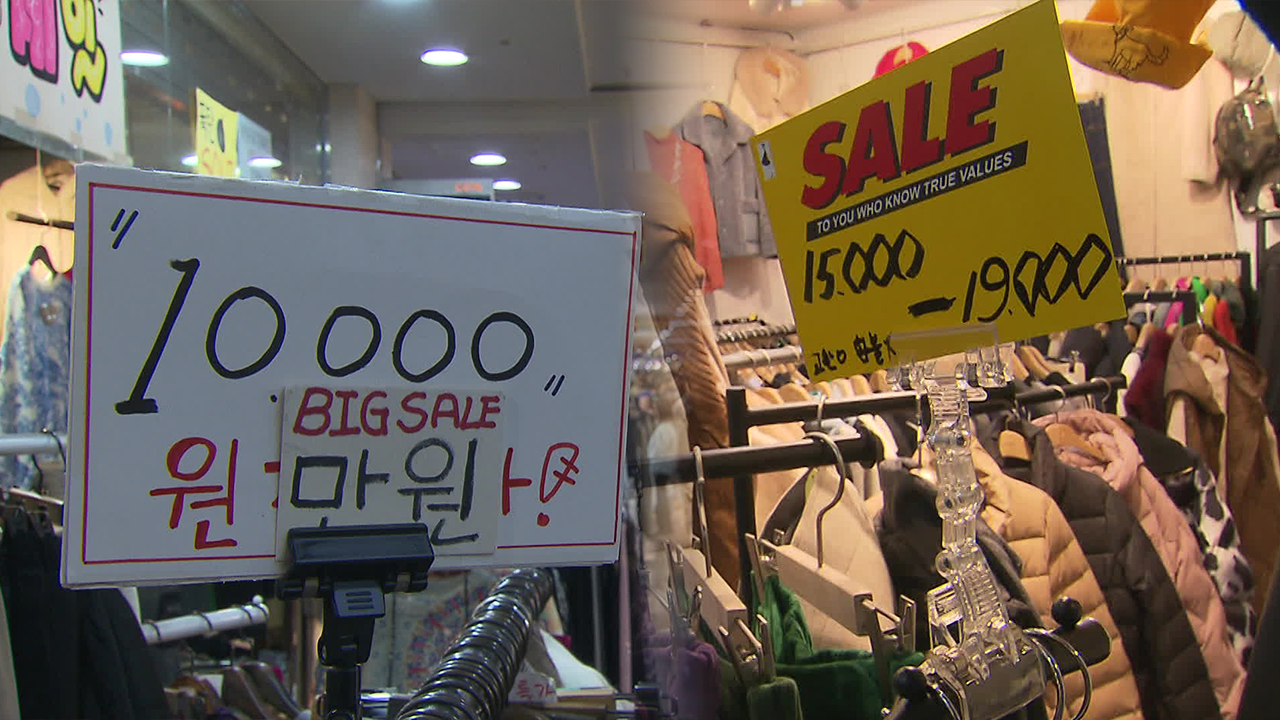
[Anchor]
The confusing domestic political situation has significantly worsened consumer sentiment at the end of the year.
This is the most serious level since the COVID-19 pandemic, and the bigger problem is that there are no signs of recovery.
Reporter Hwang Kyung-joo reports.
[Report]
The bustling underground shopping center in Gangnam, Seoul.
Sales are happening everywhere, but wallets are not easily opening.
[Hwang Geum-sook/Goyang City, Gyeonggi Province: "When I go shopping, I eat lunch at home first. If I want to eat out, I need at least 10,000 won. With 10,000 won, I can prepare side dishes for my family."]
The consumer sentiment index released by the Bank of Korea this month is 88.4, which has dropped more than 12 points from the previous month.
This is the largest decline since March 2020 during the COVID-19 pandemic.
The figure itself is the lowest in 2 years and 1 month.
The Bank of Korea explains that the sudden freezing of sentiment is largely due to domestic political instability.
[Lee Jong-ryeol/Vice Governor of the Bank of Korea: "Recently, growing political uncertainty has indeed dampened economic sentiment and raised concerns about financial institutions' loss absorption capacity and liquidity."]
The bigger problem is that there are few factors that could improve consumer sentiment.
In particular, the exchange rate, which shows no signs of falling from the mid-1,400 won range, raises the prices of imported goods and can further increase the burden of consumption by stimulating overall prices.
[Seo Ji-yong/Professor of Business Administration at Sangmyung University: "(Due to the high exchange rate) the pressure on the consumer price index is increasing. At the beginning of the year, people tend to consume durable goods, but when consumer prices rise, they tend to avoid large purchases, leading to a significant deterioration in private consumption."]
With fewer buyers, sellers are also finding it increasingly difficult to hold on.
With low income and credit, the delinquency rate of self-employed individuals who have taken out multiple loans is 11.5% as of the third quarter, marking the highest level in 11 years.
This is KBS News, Hwang Kyung-joo.
The confusing domestic political situation has significantly worsened consumer sentiment at the end of the year.
This is the most serious level since the COVID-19 pandemic, and the bigger problem is that there are no signs of recovery.
Reporter Hwang Kyung-joo reports.
[Report]
The bustling underground shopping center in Gangnam, Seoul.
Sales are happening everywhere, but wallets are not easily opening.
[Hwang Geum-sook/Goyang City, Gyeonggi Province: "When I go shopping, I eat lunch at home first. If I want to eat out, I need at least 10,000 won. With 10,000 won, I can prepare side dishes for my family."]
The consumer sentiment index released by the Bank of Korea this month is 88.4, which has dropped more than 12 points from the previous month.
This is the largest decline since March 2020 during the COVID-19 pandemic.
The figure itself is the lowest in 2 years and 1 month.
The Bank of Korea explains that the sudden freezing of sentiment is largely due to domestic political instability.
[Lee Jong-ryeol/Vice Governor of the Bank of Korea: "Recently, growing political uncertainty has indeed dampened economic sentiment and raised concerns about financial institutions' loss absorption capacity and liquidity."]
The bigger problem is that there are few factors that could improve consumer sentiment.
In particular, the exchange rate, which shows no signs of falling from the mid-1,400 won range, raises the prices of imported goods and can further increase the burden of consumption by stimulating overall prices.
[Seo Ji-yong/Professor of Business Administration at Sangmyung University: "(Due to the high exchange rate) the pressure on the consumer price index is increasing. At the beginning of the year, people tend to consume durable goods, but when consumer prices rise, they tend to avoid large purchases, leading to a significant deterioration in private consumption."]
With fewer buyers, sellers are also finding it increasingly difficult to hold on.
With low income and credit, the delinquency rate of self-employed individuals who have taken out multiple loans is 11.5% as of the third quarter, marking the highest level in 11 years.
This is KBS News, Hwang Kyung-joo.
-
-

황경주 기자 race@kbs.co.kr
황경주 기자의 기사 모음
-
이 기사가 좋으셨다면
-
좋아요
0
-
응원해요
0
-
후속 원해요
0










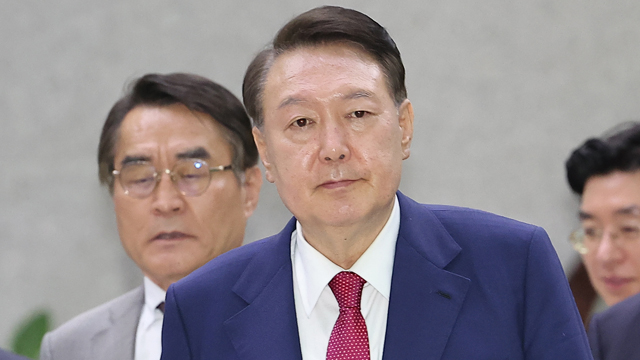
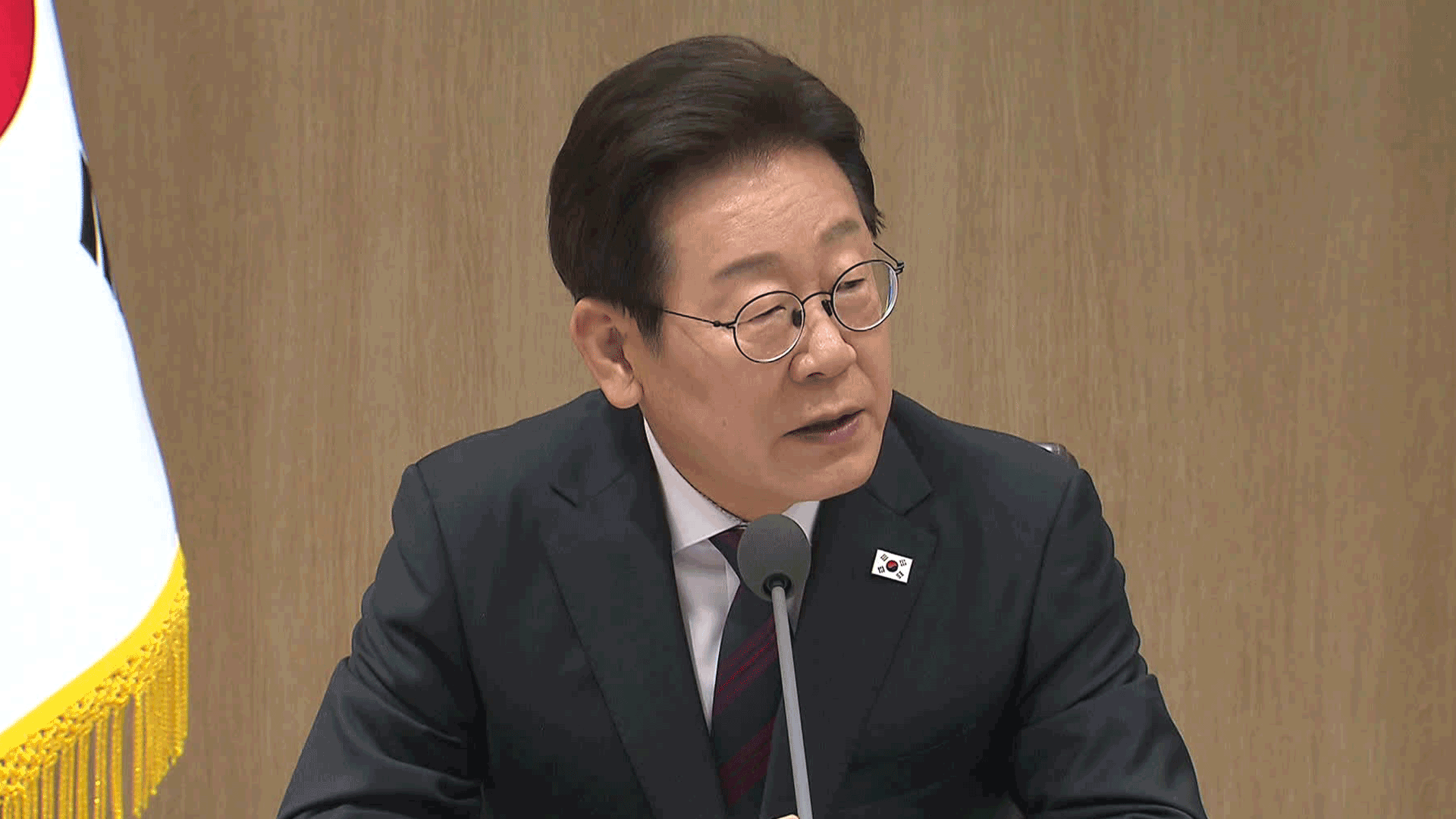
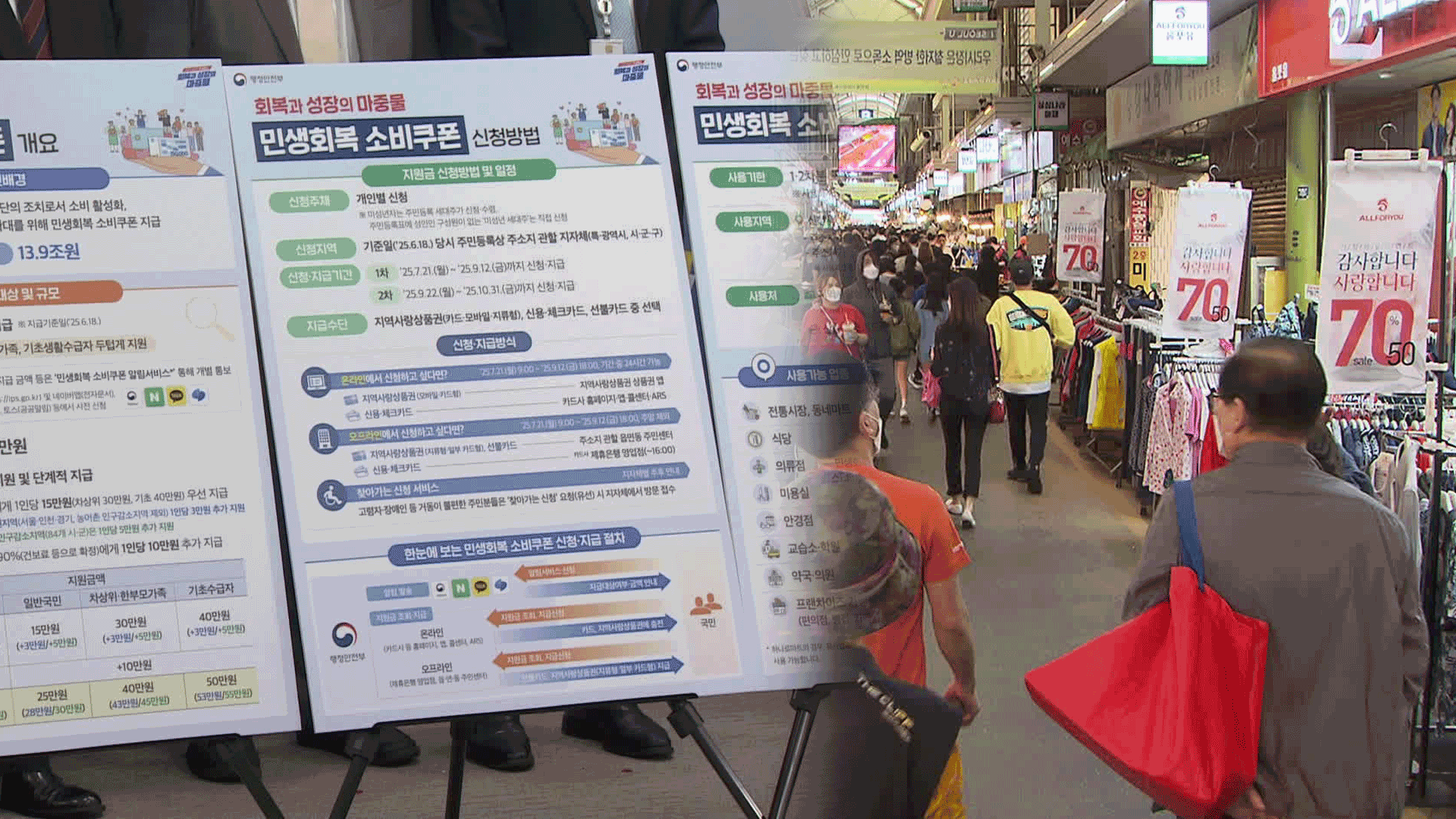
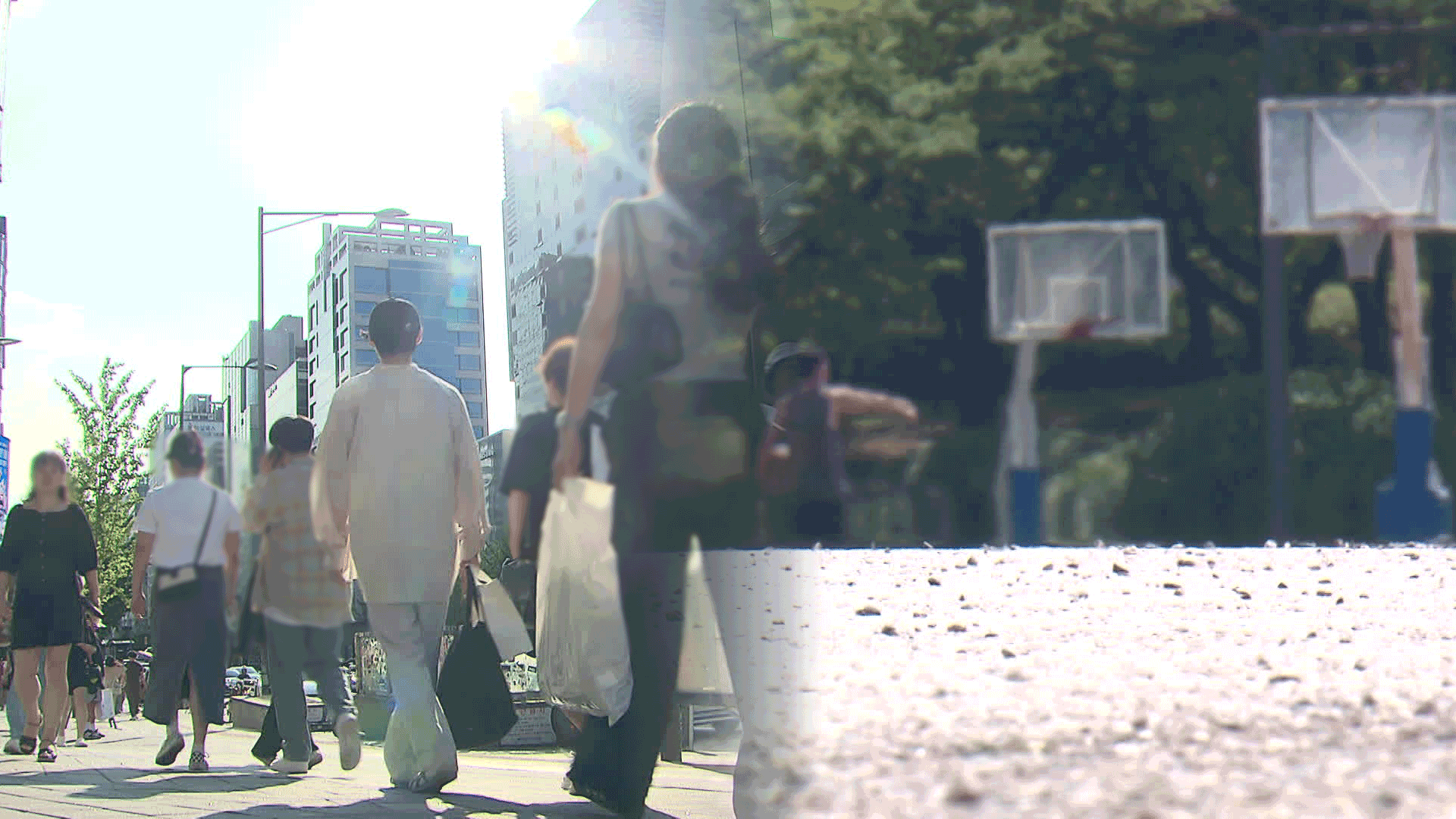

이 기사에 대한 의견을 남겨주세요.